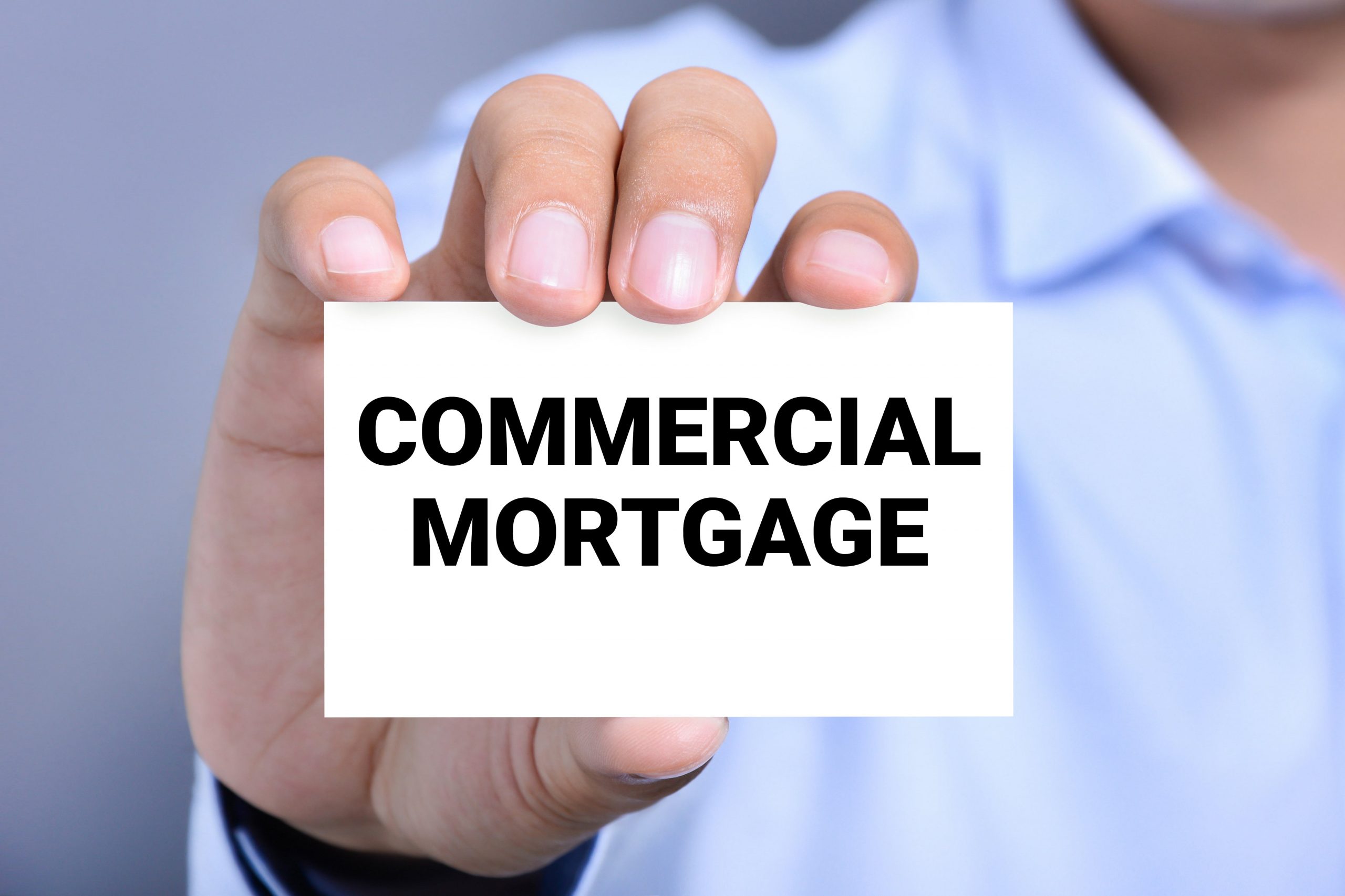What are Commercial Mortgages?
You must have probably heard about mortgages for residential properties, but have you ever come across the term commercial mortgages? Commercial mortgages are a type of loan that individuals require to buy a property for commercial purposes; for using those properties to conduct business. Several commercial properties include office buildings, warehouses, buildings, and land for factories or other commercial purposes. Moreover, you can use these loans to extend or expand your current commercial property.
What is the Process to get Commercial Mortgages?
There are several specific criteria that you would be required to meet to qualify for the mortgage. There will be a pre-qualifying process before you fill out the application form. The lenders will evaluate your financial history, wealth, and debt by analyzing your business’s financial statements and bank statements. After evaluation, a loan underwriter will check your loan application and determine your suitability for the loan. Since these loans involve a huge amount of money, it might take up to several months for approval. Furthermore, the lender will look at your debt service ratio and expect you to pay a considerable down payment for the loan after assessing your risk profile. Furthermore, several lenders apply a loan-to-value ratio, which measures the loan amount based on the property value.
What is the requirement for Commercial Mortgages?
Most commonly, the traditional mortgage loan has a loan-to-value ratio of 85%, which means that the loan amount to the business will be 85% of the total property value. Moreover, the loan term for commercial mortgages is around 7 to 30 years, and the mortgage rate is around 5-7%. However, the mortgage rates are likely to be higher if the loan approval is based on property value rather than creditworthiness.
Additionally, there is another type of repayment – balloon payment that involves the individual having an amortizing period greater than the loan term. For example, if the term value is seven years and the amortizing period is 30 years. The consumer will make fixed payments for seven years; followed by a final huge payment of the entire loan at the end of 30 years.
Types of Commercial Mortgages
There are several options that you may have for commercial mortgages.
- The first and foremost type of loan we have is the traditional commercial mortgages. It is a basic type of loan mortgage which involves the users taking a set amount of money and paying it back over a fixed period with interest. Moreover, banks usually offer term periods of 10, 20, or 25 years, but several companies offer shorter-term periods of 2 to five years. Some prominent lenders for this type of loan are Lending Club and On deck Capital.
- The second type of loan we have is SBA mortgage loans (small business administration). There are two types of these loans: SBA 7(a) and SBA 504. SBA 7(a) mostly helps to boost the working capital of the business. The owners must have at least 51% of the property and pay a 10% down payment. You can get up to $5 million and utilize it for any business purpose. Secondly, SBA 504 loans can help you purchase major fixed assets or fund real estate. Moreover, the amount can go up to $13 million, and they have a longer-term period of up to 25 years.
- Another type of loan is a commercial bridge mortgage which is a short-term loan facility that helps a borrower acquire real estate or use it for short-term financing for a long-term asset. They have short-term periods of 2 years with relatively high-interest rates.
- There is another short-term facility known as a line of credit. Banks and online institutions issue such a type of facility that allows you to draw money up to a certain pool of amount. As a result, this facility works like a credit card, and you have to pay interest on the amount you withdraw. Credit Junction and Kabbage are several examples of lenders who provide a line of credit.
Several other commercial mortgages like real estate, construction, and equipment help the user to use the loan for different purposes. Construction mortgages help pay labor costs and related construction costs, whereas equipment loans can purchase cars or equipment for commercial use.
Generated with WriterX.ai — best AI tools for content creation

